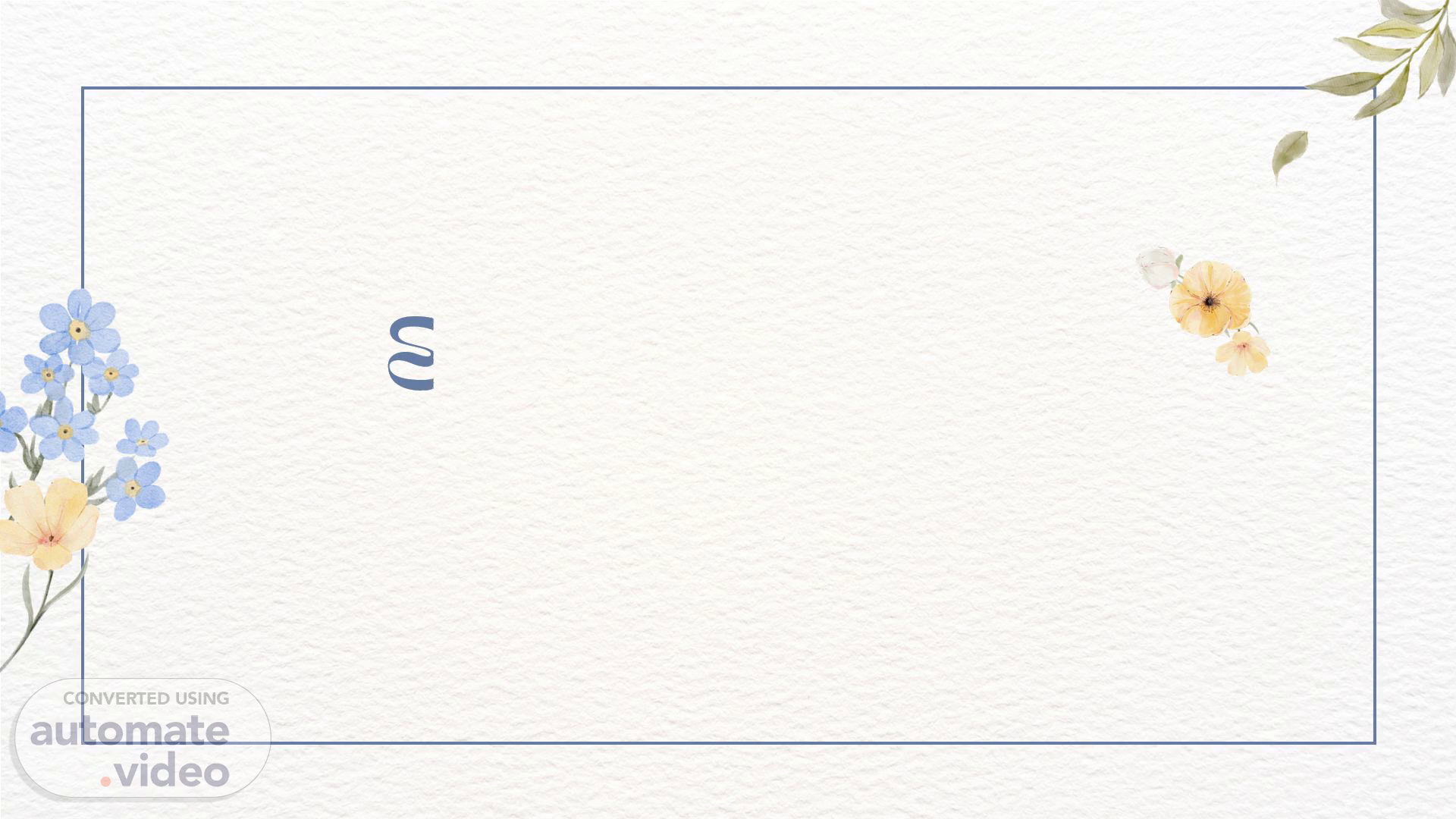
Non Text Magic Studio Magic Design for Presentations L&P
Scene 1 (0s)
English Project. إضافة عنوان.
Scene 2 (9s)
The Job of a Physician.
Scene 3 (17s)
Definition of the doctor's profession. The doctor's profession is the job associated with providing medical treatment to patients suffering from injuries and diseases. It includes prescribing traditional signs such as drugs, providing primary health care, or specializing in a specific area of demand such as pediatrics, neurology, psychiatry, ophthalmology, anesthesiology, and others. [1] The doctor's profession depends on diagnosing the patient's health conditions, through the use of a set of tests, and then obtaining their results in order to prescribe appropriate treatments for the patient, which contributes to reducing the impact of the injury or disease from which he suffers. The doctor must have extensive knowledge in the field of the cooking profession..
Scene 4 (50s)
Educational requirements for a doctor. In order for an individual to be able to study medicine to become a physician, he must fulfill a set of educational requirements, which are: (1) Obtaining an official and accredited degree in medicine from a medical college; achieving medical accreditation from the council or body responsible for medical studies and education; passing a comprehensive medical examination to obtain the required medical licenses; issuing an accredited board certificate in order to accredit the physician's medical specialty after receiving training for a specific period of time..
Scene 5 (1m 15s)
Physician's Ethics. Every doctor must be distinguished by a set of professional and functional ethics specific to the medical profession. The most important of these ethics are the following: [1] Wisdom is the doctor's ability to think carefully about using appropriate expressions. A wise doctor can identify the symptoms of the disease affecting the patient, based on examining him appropriately. He then uses the correct expressions to explain the nature of the disease to the patient without exaggerating the matter or making him feel fear or despair, which may negatively affect him and increase the impact of the disease. The doctor is referred to patients at all times, as it is his duty to deal with them in various medical conditions. Some of them suffer from very painful diseases, and some of them suffer from diseases that were not within their expectations. Therefore, it is the doctor's duty and ethics to be prepared for all types of patients, to bear their anger and excitement, and to provide appropriate excuses for them. Kindness is dealing gently and easily with all patients and using kind words that do not hurt their feelings. For example, the doctor does not describe the patient's illness directly, that is, he does not say to the patient who is suffering from excess weight, "You are fat." Rather, he tells him about his illness gradually by using the best and most acceptable methods for the patient, as Explaining the disease directly without any introduction may be an insult to the patient, but being careful to explain the appropriate treatment to him at the beginning contributes to protecting him from the negative impact of the disease. Flexibility in combining intimidation and enticement when dealing with patients, especially those who suffer from chronic diseases such as high blood pressure, psychological disorders, diabetes, and others, because these diseases depend on long treatments linked to the presence of follow-up from the doctor, and cooperation from the patient in arranging his lifestyle with the nature of.
Scene 6 (2m 23s)
Prohibitions for the doctor. There are a number of prohibitions that a doctor is prohibited from doing, the most important of which are [1]: It is prohibited for a doctor to prescribe any medication before conducting a clinical examination. The doctor must not disclose any patient's secrets. It is prohibited to house any patient in a place that is not medically approved. It is prohibited to treat a patient if it is not within his medical specialty. It is not permitted to use any illegal medical methods, or those that are not licensed for use. It is prohibited for a doctor to provide treatment to patients without their consent, except in the event of urgent reasons.
Scene 7 (2m 55s)
Thank You.